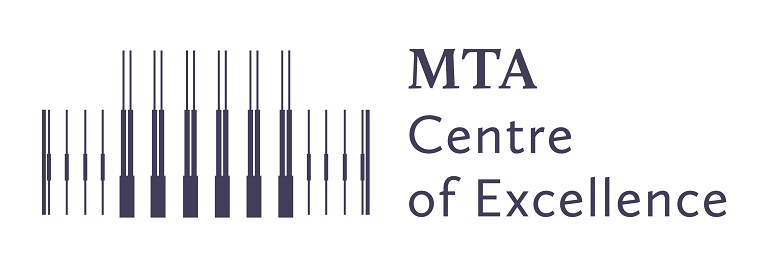Chronic hepatitis C (CHC) infection is associated with increased TIM-3, PD-1 immune checkpoint receptors expression that inhibits adaptive T cells and increases NK cell cytotoxicity against T helper cells, both resulting T cell exhaustion. Elimination of the virus with direct-acting antivirals (DAAs) may modify host immune response via altering these immune checkpoint receptors' expression. We conducted a prospective study to analyze changes in TIM-3, PD-1 and their ligands galectin-9, PD-L1 expression by peripheral blood T cell subpopulations, NK cell subpopulations, and monocytes by multicolor flow cytometry in 14 CHC patients successfully treated with 12 weeks of dasabuvir, ombitasvir, and paritaprevir/ritonavir plus ribavirin. Blood samples were collected before, at the end of treatment, and 12 and 24 weeks later. Sustained virological response (SVR) was associated with increased percentage of peripheral blood CD3+ T and CD8+ cytotoxic T lymphocytes and decreased percentage of NKbright cells. After DAA treatment, decreased TIM-3 expression by CD4+ T cells, by NKbright, and by NKT cells was found. Expression of immune checkpoint molecules' ligand PD-L1 by NK cells and by regulatory T cells and galectin-9 by NK cells and monocytes also decreased significantly at SVR. Our data suggest that DAA treatment not only inhibits viral replication but may alter host adaptive and innate immune responses. A decrease in immune checkpoint molecules and their ligands expression both on adaptive and on innate immune cells may contribute to the recovery of exhausted adaptive immune responses and to sustained virological response.
A Szentágothai János Kutatóközpont a PTE korszerű, nemzetközi tudományszervezési és menedzsment normák szerint kialakított új intézménye, amely az élettudományi, élettelen természettudományi, valamint környezettudományi oktatás...





